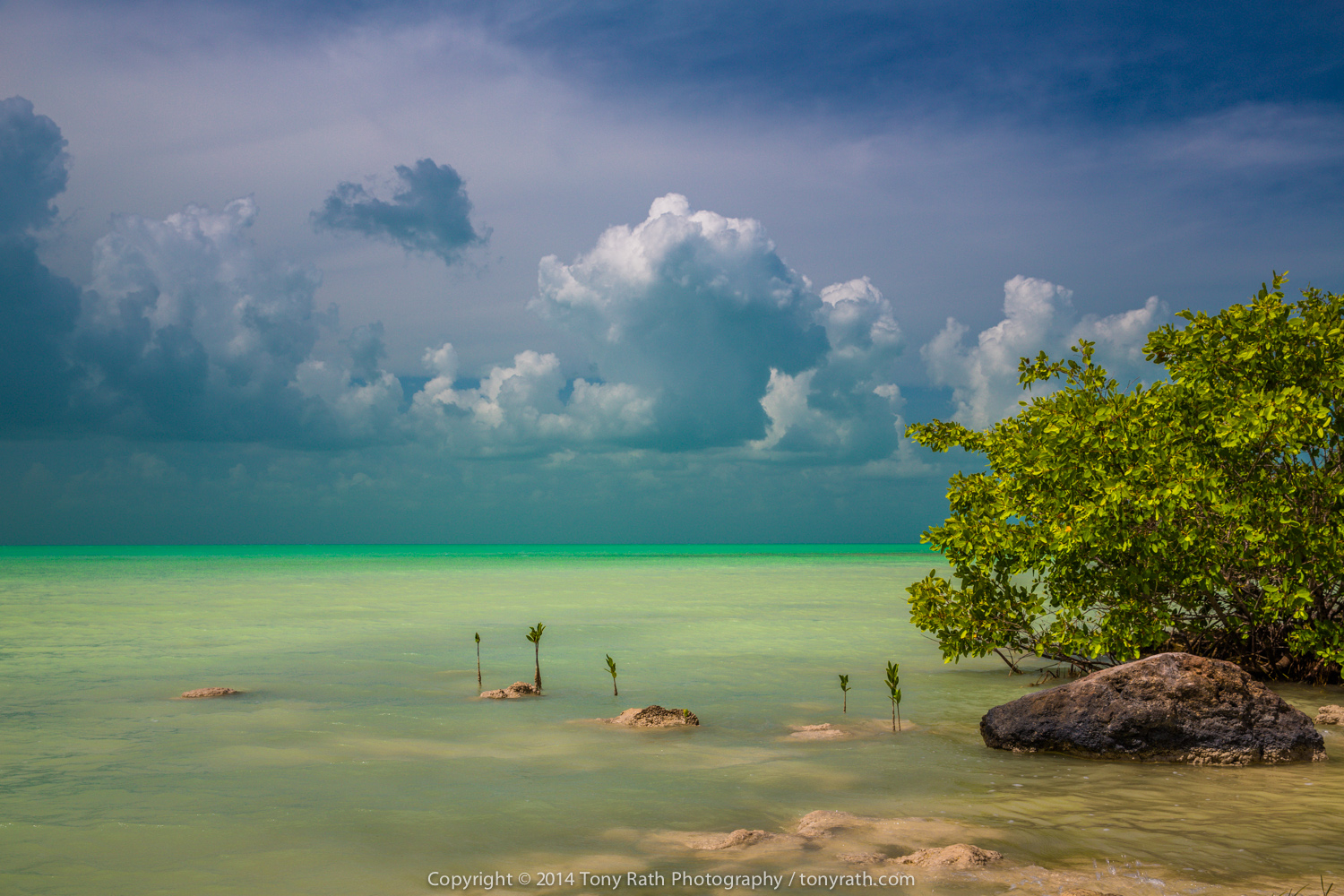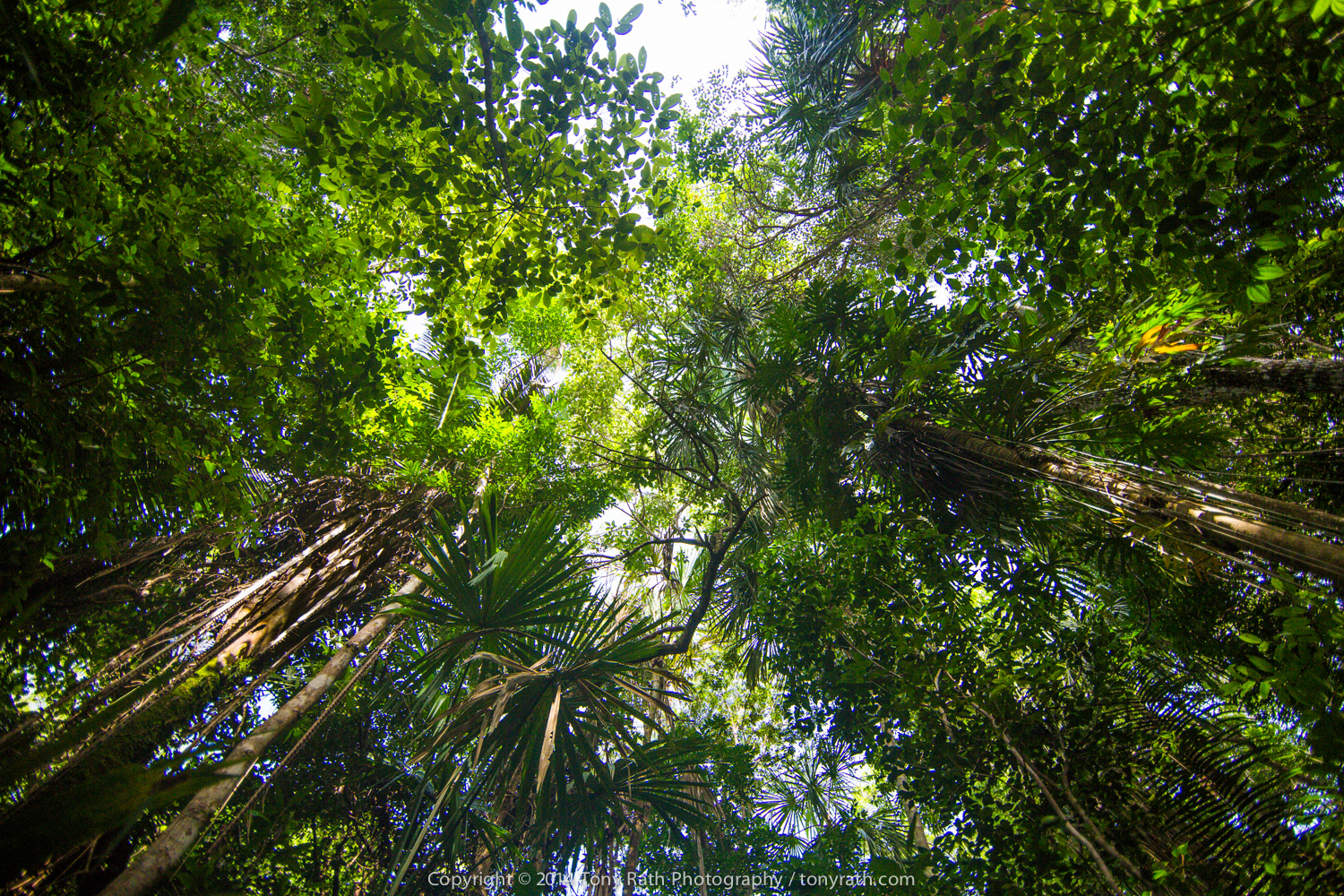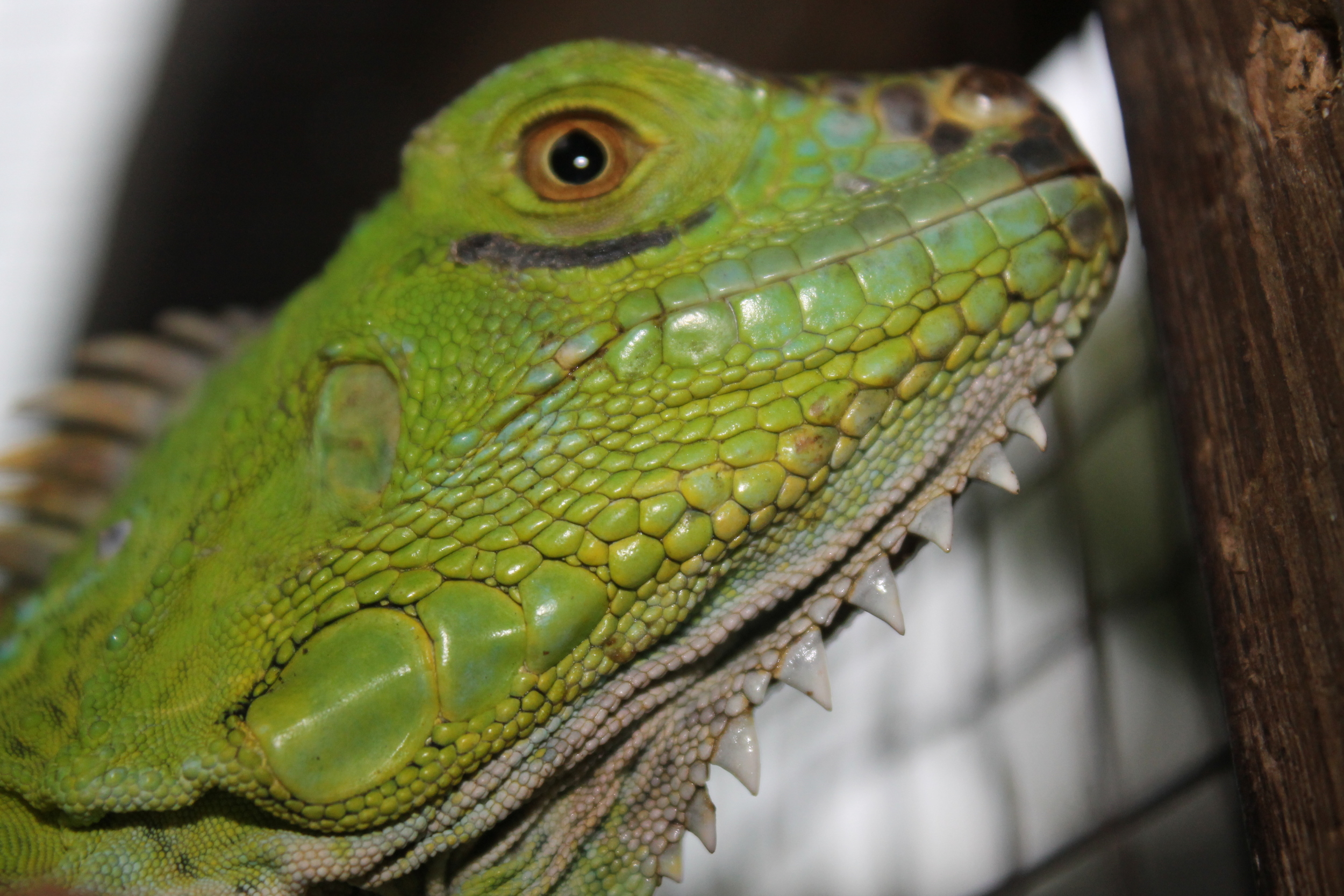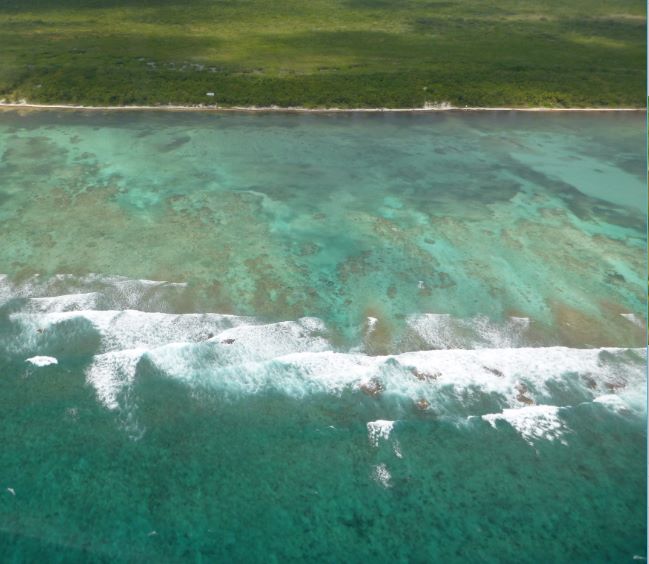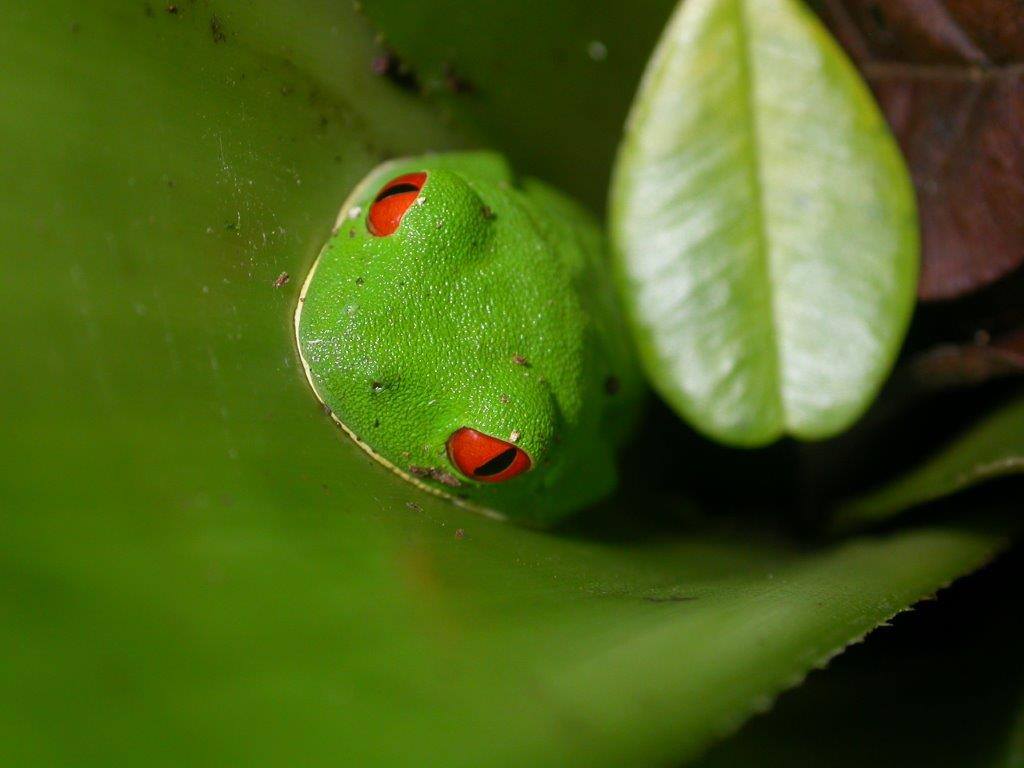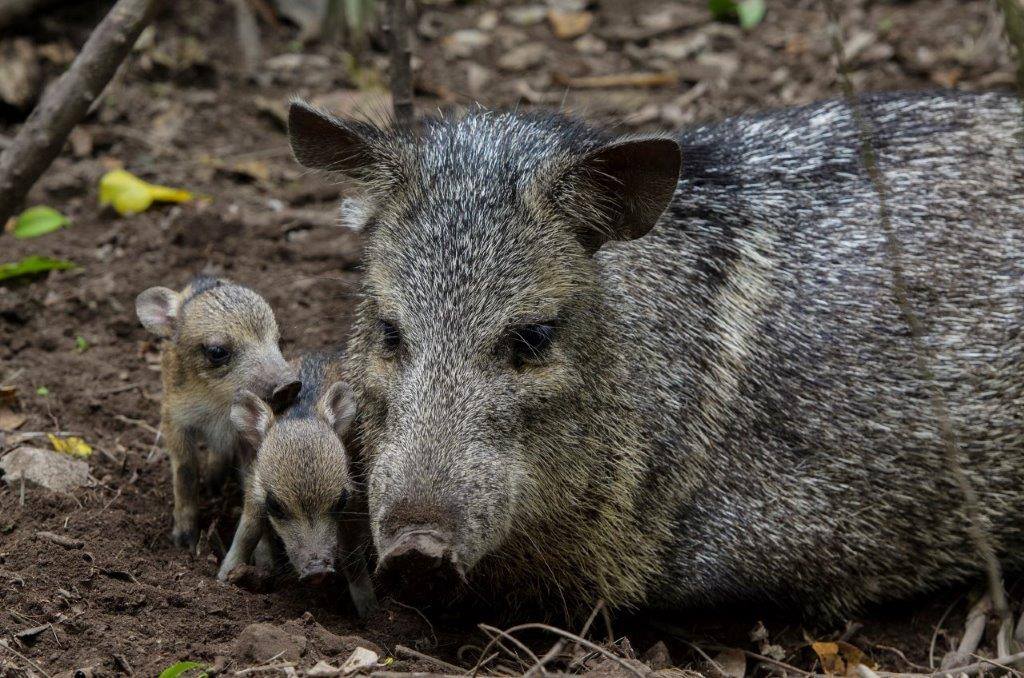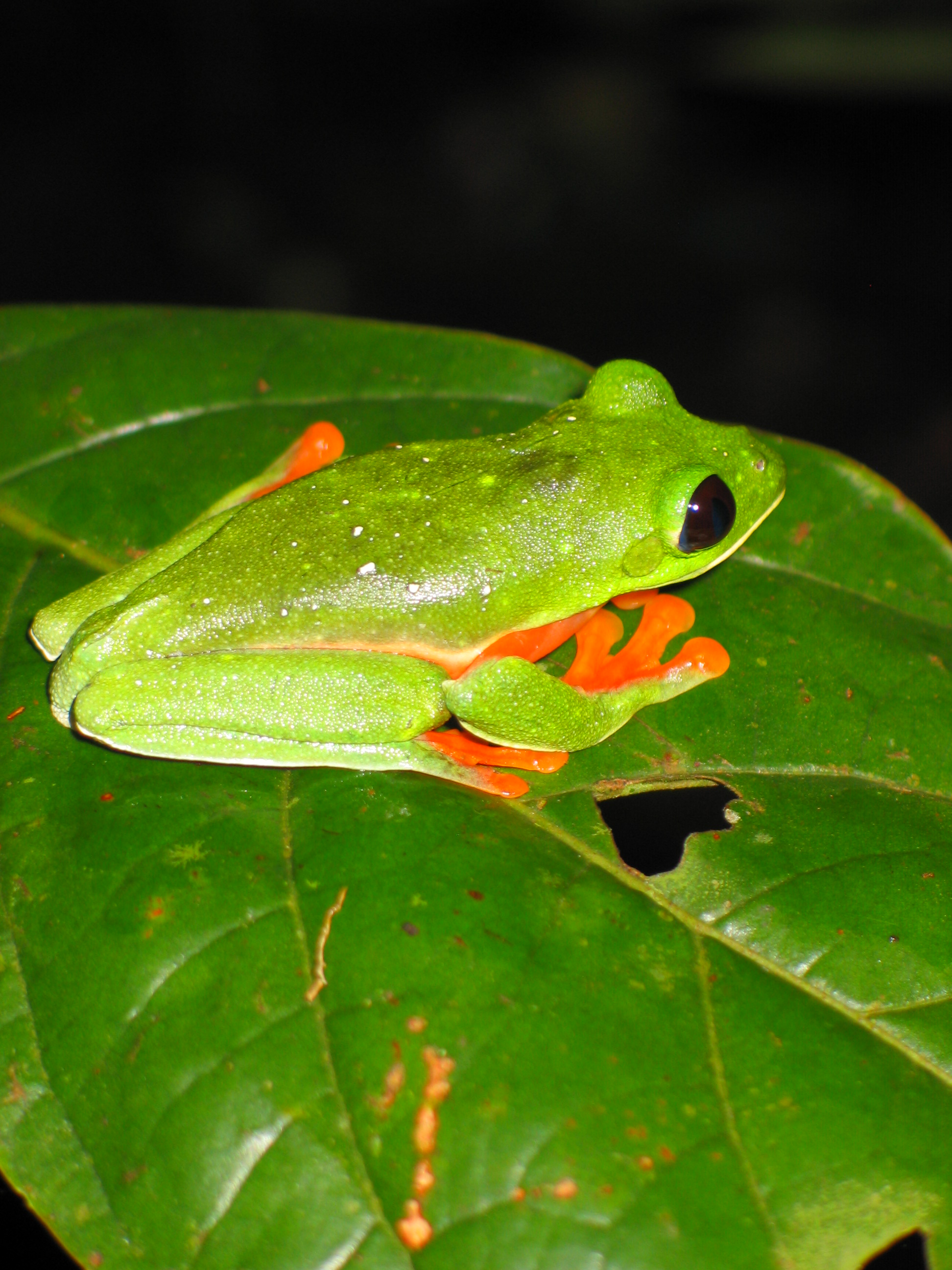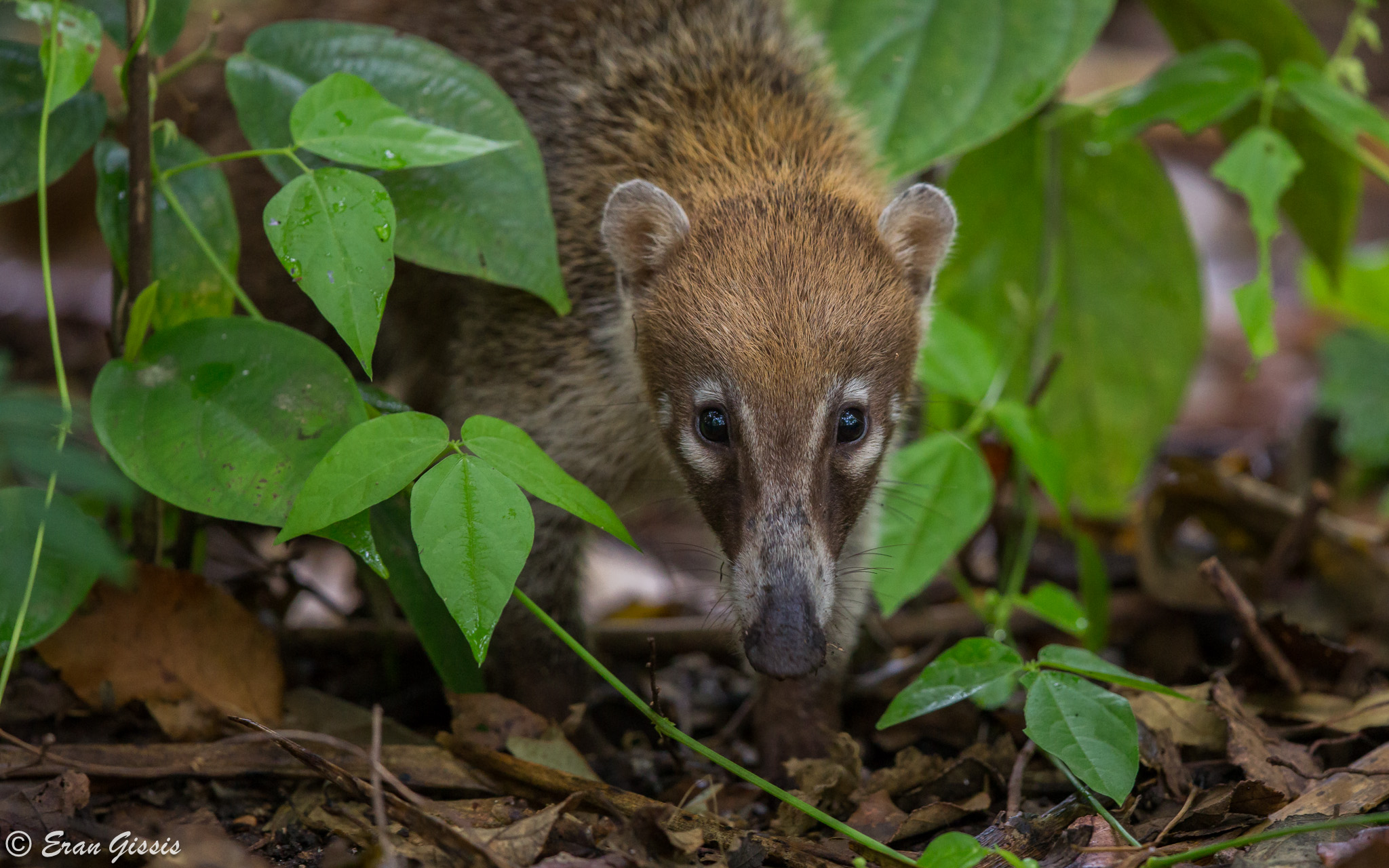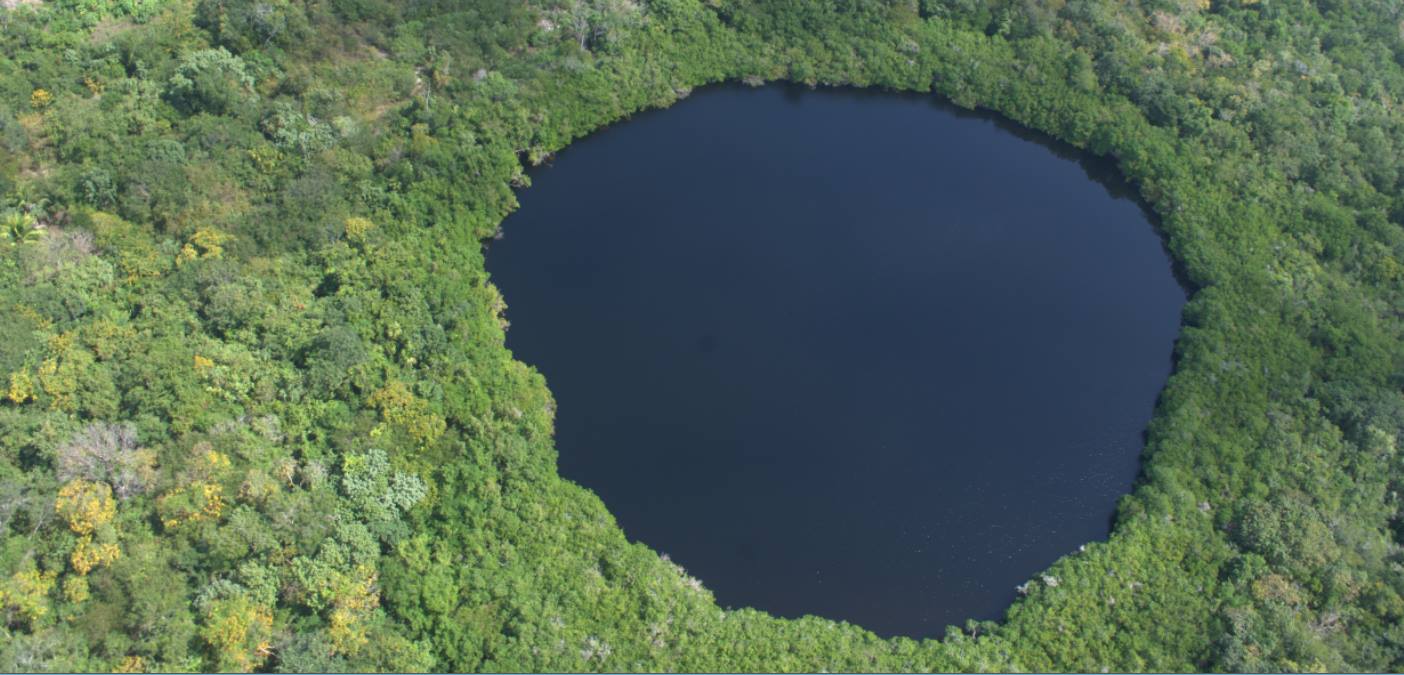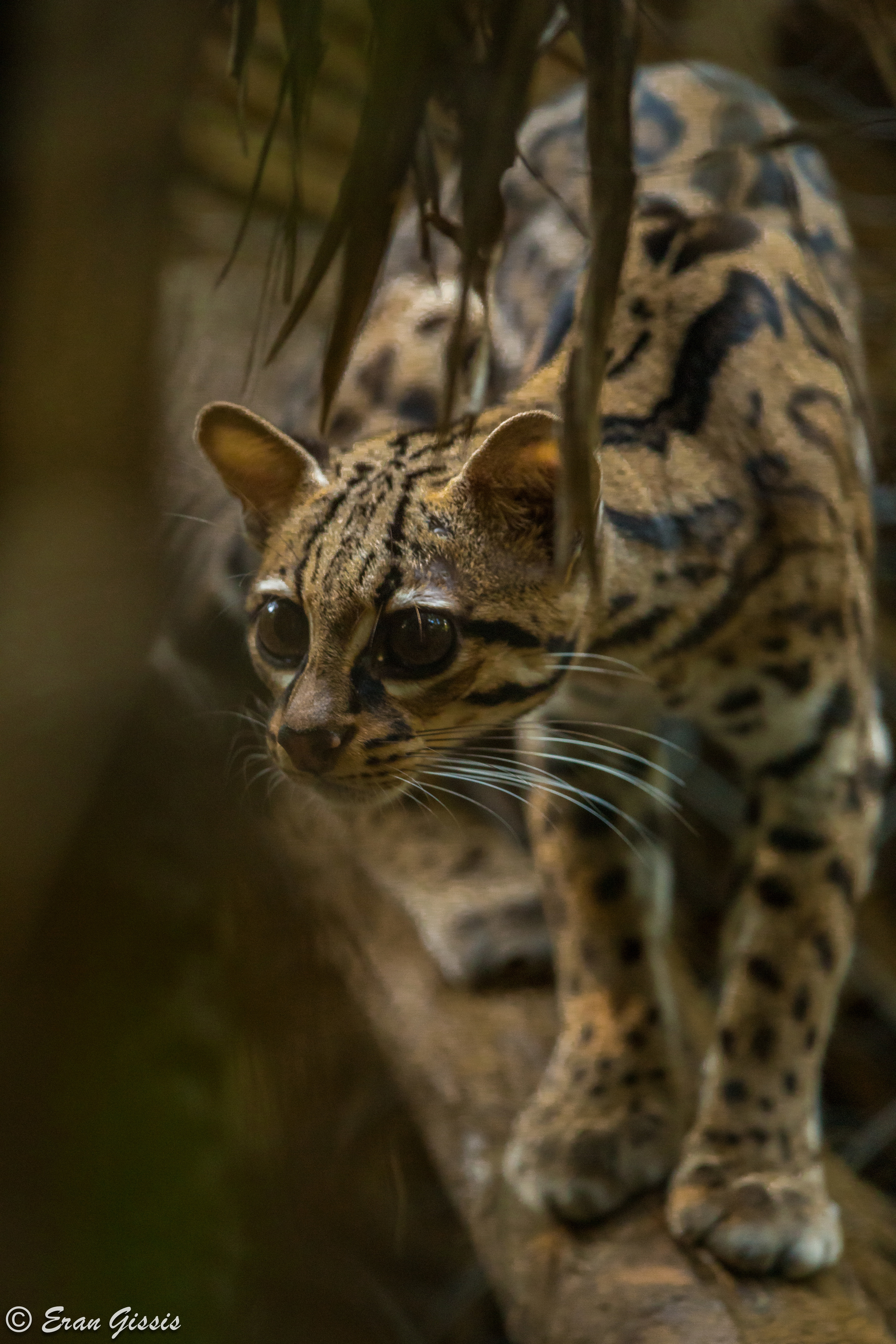Belize is famous for lush tropical forests - home to many charismatic species from jaguars to toucans, tapir to red-eyed tree frogs
...and its barrier reef, teeming with colorful reef fish and marine turtles.
Key Threats to Biodiversity in Belize
Land use change - deforestation, fires, clearance of mangroves
Climate change – increasing unpredictable rainfall, rising sea levels, increasing sea surface temperatures, more intense storms
Unsustainable exploitation of natural resources - fishing, logging / non-timber forest products, hunting
Illegal wildlife trade
Land-based pollution (agrochemicals, industrial /urban effluent, solid waste, sewage, sedimentation)
SEEKING SOLUTIONS
Wildtracks addresses these threats through partnerships and prioritized strategic approaches, striving for a win-win situation balancing biodiversity conservation, maintenance of ecosystem services, and national development towards a more sustainable future.
At the national level, Wildtracks focuses on encouraging mainstreaming of conservation issues and strengthening biodiversity conservation and endangered species protection through facilitation of national planning initiatives such as the National Biodiversity Strategy and Action Plan, and the Forest Department's Wildlife Strategy. It also works with individual protected area managers to develop management plans and strengthen management effectiveness, ensuring that protected areas in Belize fulfil their roles within the national development context.
Wildtracks also recognizes the critical importance of forest connectivity for both achieving conservation objectives and climate change adaptation, and has worked with conservation partners to establish the North East Biological Corridor, one of three identified critical forest corridors in Belize.
At a more local level, Wildtracks works closely with the Sarteneja Alliance for Conservation and Development towards increasing management effectiveness of Corozal Bay Wildlife Sanctuary, the release site of Wildtracks’ rehabilitated manatees. It also works towards achieving sustainable development goals in the coastal communities of northern Belize. These coastal communities are at the frontline of climate change impacts, already feeling the effects, particularly those on the coral reef and associated livelihoods - the economic base - of these fishing-dependent communities. Wildtracks has been working with SACD to facilitate a shift in community dependence in Sarteneja from fishing to tourism.


